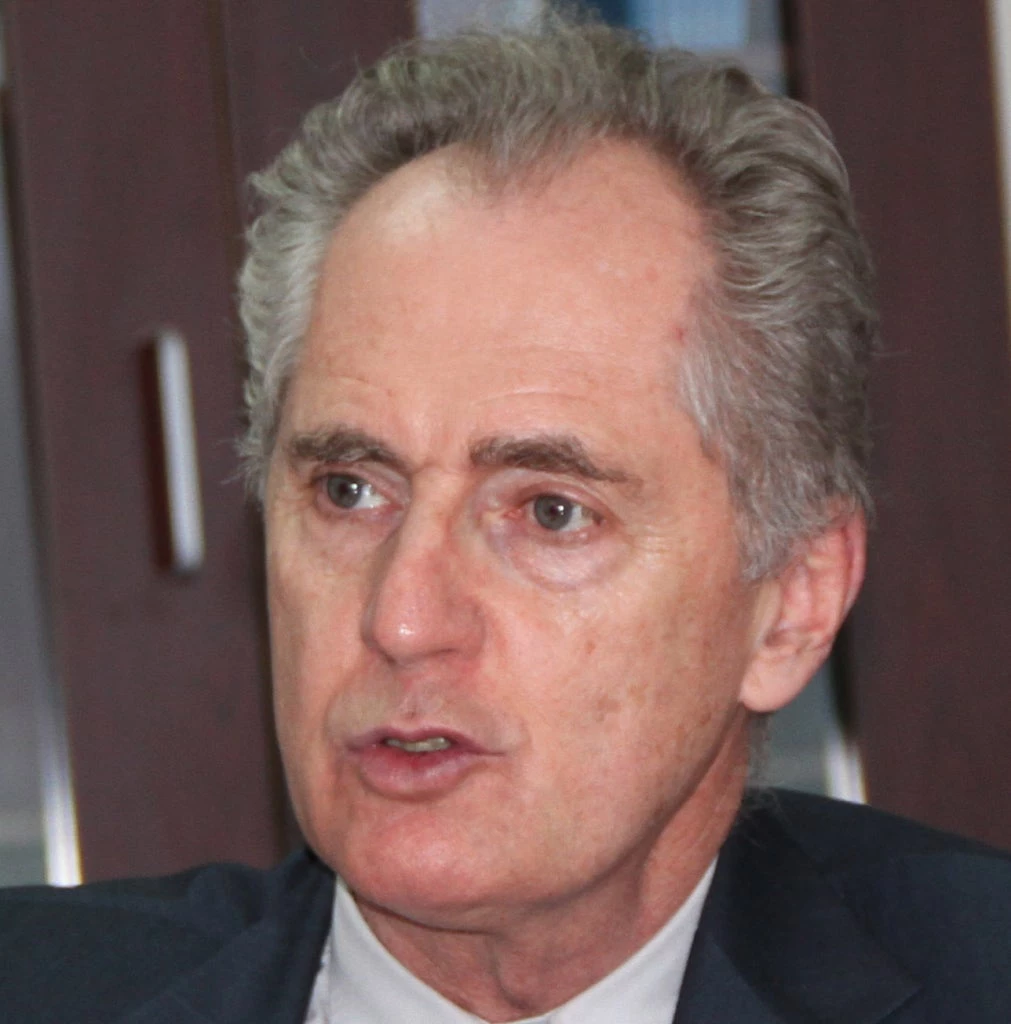
I spent the past 11 years working and living in Afghanistan. I didn’t intend to stay that long in one country office, but I got swept up in the Afghanistan Reconstruction Trust Fund, which under the World Bank, was financing 50% of government expenditures earlier on. Its budget operations grew from $600 million in 2004 to more than $5 billion in 2014.
For anyone working on public financial management, there were a lot of challenges to tackle and no good time to leave. Our work in Afghanistan is the World Bank at its best. Moreover, Afghans are excellent hosts and have been very receptive to World Bank collaboration.
When I arrived in Kabul in 2004, Afghanistan’s public financial management system was already in place but under severe strain. Budget expenditures and related donor financing were growing at 40% annually.
But a significant share of these operations was still processed manually, the approach to control and the degree of centralization of financial control was still in debate, the legal framework was outdated and capacity in the civil service was limited.
Back then, there weren’t many best practices out there to look to for lessons.
The first few years in Kabul were taken up supporting the day-to-day treasury operations, while fathoming what reforms should be pursued and in what sequence. All this led to the design of the Public Financial Management Reform Project which would establish systems for automated payments, accounting and controls for 100 percent of the budget, a modern, robust legal framework, and the beginning of sustainable capacity in the Treasury.
At the same time, things as basic as developing the local training industry, laying the foundation for the regulation of an accounting profession, and developing the internal audit capacity across government also had to be attended to.
All this tied in with the Bank’s mainstreaming of project implementation through government systems, and support for financing the recurrent cost budget, which I led. It was fast-paced, even involving trial and error in some cases. But today, public financial management in Afghanistan is considered a success and best practice for fragile states.
How I ended up at the World Bank
After spending 20 years as a finance executive in the private sector, I was at a crossroads in my career, when I saw a batch recruitment advertisement in the Economist magazine for accountants at the World Bank.
I thought I was done with international development work since early on in my career as I had spent a few years as a lecturer at a public university in Colombia in the ‘70s under the Canadian University Services Overseas program.
But the Bank’s mission appeals to most people and it certainly did to me. Also, I knew that accounting and auditing were essential to both the public and private sector development, as I had seen the interdependence in Canada, Colombia, Costa Rica, Mexico and Venezuela where I had lived and worked in up until that point.
So, it was a straight-forward decision to apply and see what could be done with the enormous leverage that the Bank offers.
I’m retiring from the World Bank at the end of this month. Of the 17 years at the Bank, I spent 11 in Afghanistan, a non-family post. I missed out on family life and other work opportunities. However, that is the price I paid for such a rich experience working in the Afghanistan country office.


Join the Conversation